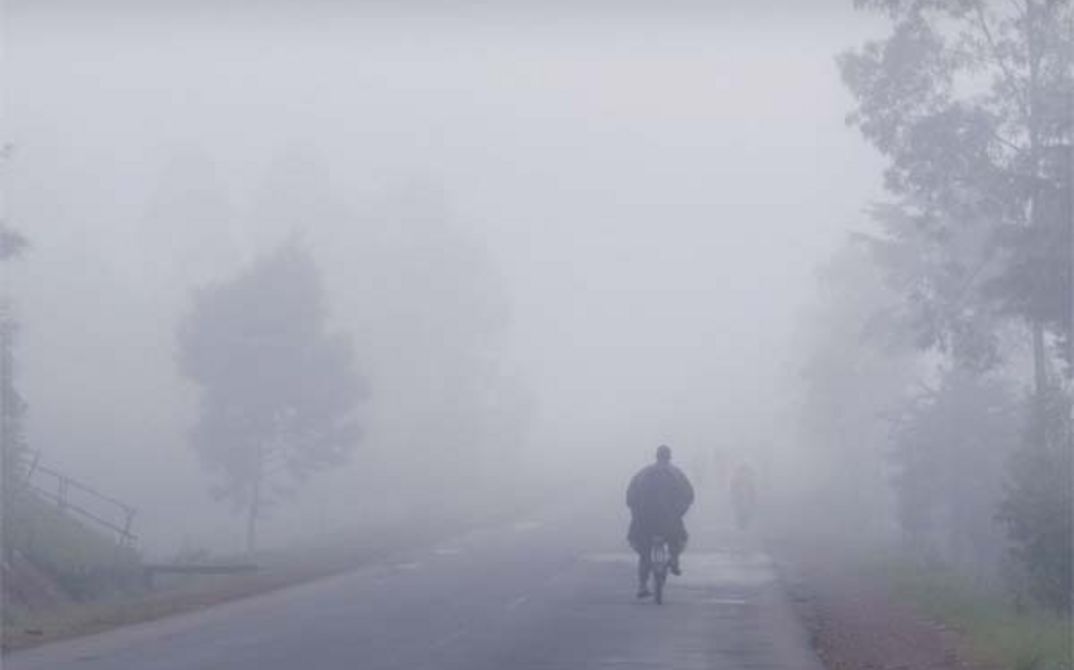The international tribunal of the major offenders in the genocide and civil war in Rwanda went on for several years and took place in a white tower block in Arusha, Tanzania. But it might as well have taken place on a different planet from the point of view of the survivors in Rwandan villages, where in local trials, the Gacacas courts, judgement was passed on more than 130,000 prisoners arrested in the wake of the 1994 genocide – in a country with only eight million inhabitants. Moving between Arusha and Rwanda, the film documents and contrasts the events, tracing individual destinies and presenting images from the tribunal in progress, archive material and painfully precise close-ups.
Documentaries on historical tribunals have a long tradition. D'Arusha à Arusha brings this cinematic tradition up to date in terms of both subject matter and formal presentation. Christophe Gargot's critical look at the self-glorification of international justice casts fundamental doubts on its legitimacy and also calls into question the universality of human rights with its juristic review of the genocide. For it becomes obvious that for many people, especially those in Africa, enjoying the protection of human rights is more an abstract privilege, thus divesting these rights of their universal applicability.
Dorothee Wenner
Production: Atopic, Paris; ONF, Montréal; Amers1.1, Marseille
Screenplay: Christophe Gargot
Camera: Samuel Dravet
Format: HDCam, Color
Running Time: 114 min.
Languages: French, English, Kinyarwanda
